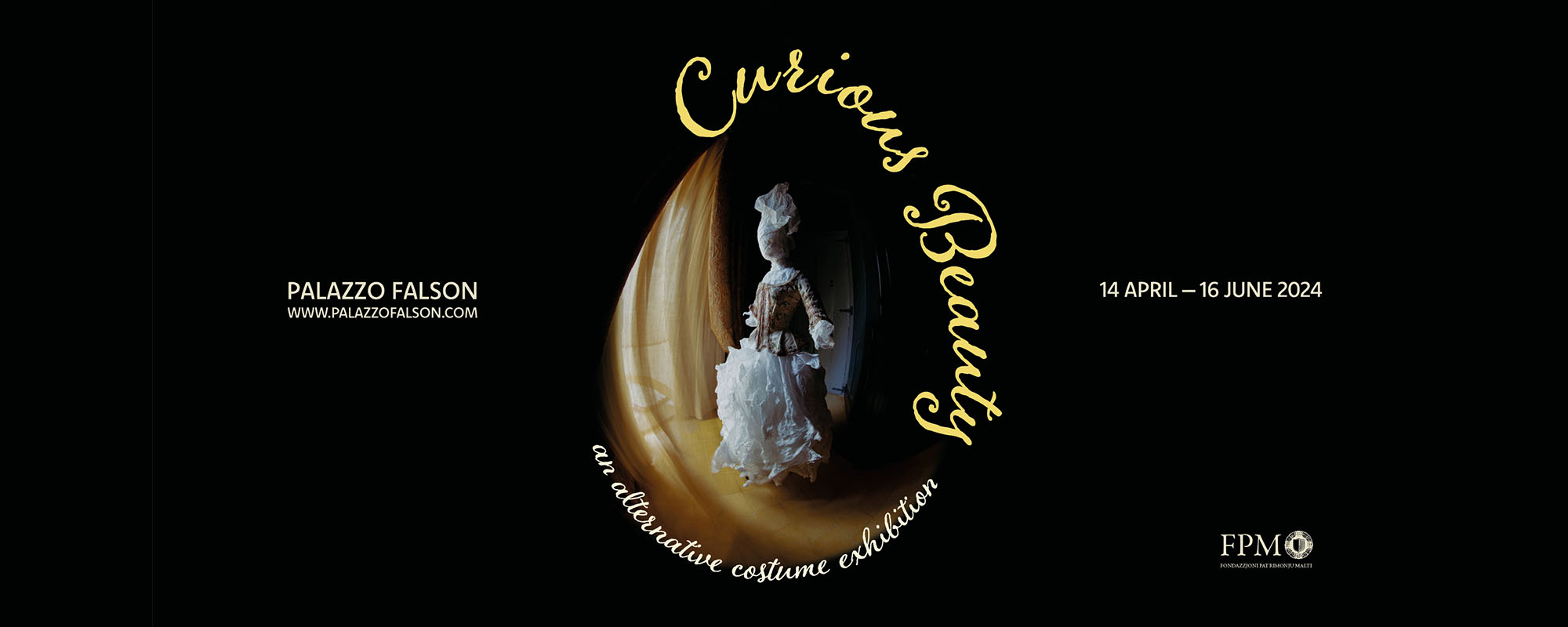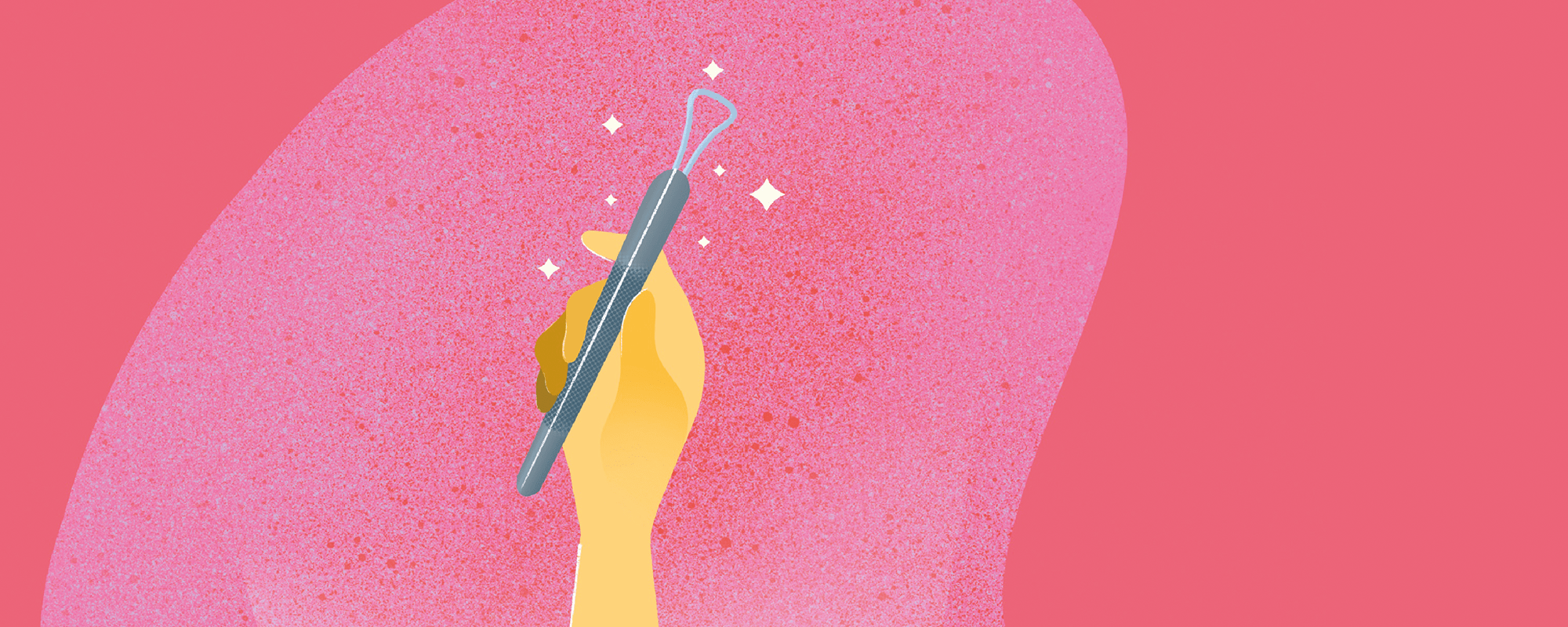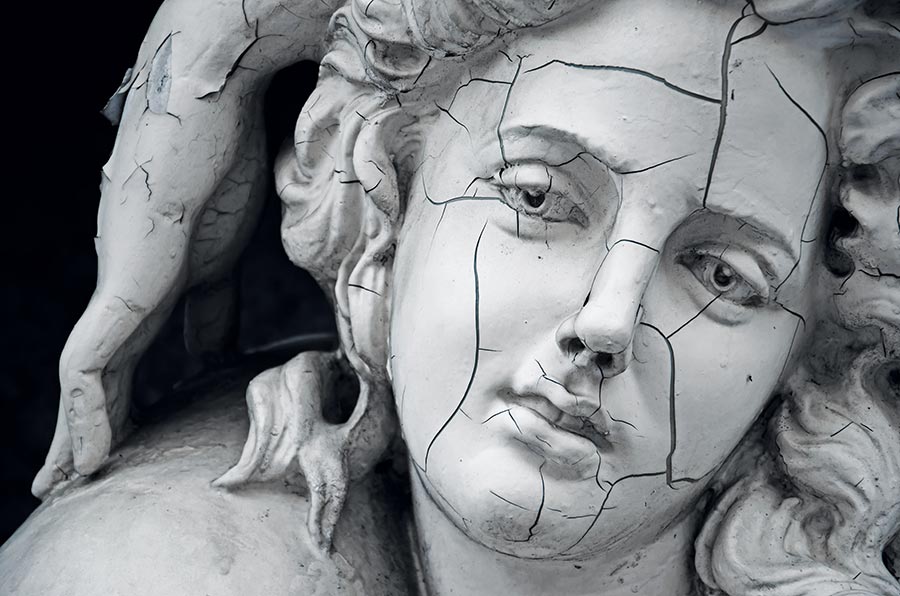THINK visits Palazzo Falson in Mdina to see an exhibition on Maltese historical costume and accessories worn throughout the 18th–20th centuries!
Continue readingBusting out of the box
Aesthetic physician and artistic consultant Dr Joanna Delia traces her journey from medical student to successful business owner, telling Teodor Reljić that her experience at the University of Malta helped her resist excessive industry specialisation.
Modern life is rigidly compartmentalised. Perhaps this is more true of the West than anywhere else, where the materialist, rationalist models that have aided efficiency and technological advancement also require us to absorb vast amounts of knowledge early on, and specialise later.
Many educational systems reflect this tendency and the Maltese model is no exception. From a very young age, exams come in thick and fast, and cramming to pass them replaces a more holistic education.
Dr Joanna Delia is not a fan of the word ‘holistic’—preferring the term ‘polyhedral’ for reasons that will be explained later—and has enjoyed a career trajectory that has flouted excessive specialisation. A doctor turned aesthetic physician with an interest in the world of contemporary art, Delia’s journey is an affront to such restrictive notions.

While she assures me that her own time at the University of Malta (UM) was nothing short of amazing, in recounting the roots of her intellectual curiosity, she is compelled to go even further back.
‘Like every excited little girl, my dreams used to alternate and metamorph somewhere between wanting to be a writer like Emily Brontë or Virginia Woolf and a scientist who would make incredible discoveries and change the world like Marie Curie,’ Delia recalls. ‘I also wanted to be a doctor who would cure people in war-torn countries, yet fantasised about being Alma Mahler or a young Chanel surrounded by philosophers, drenched in fine clothes and surrounded by white rose bouquets…’
Delia recounts this awareness that we’re shaped to view these inclinations as contradictory. But for her, the intuitive desire to learn about and closely observe scientific phenomena matched the heights of aesthetic appreciation.
Vella’s own student enthusiasm did not come as immediately as all that, however. While she is now secure in her three-pronged role as writer, performer, and translator (also acknowledging her former role as a lecturer), forging an early path as a student meant first squinting through the fog.
‘I just loved learning the science subjects… figuring out protein synthesis and DNA replication literally made me feel giddy, light headed, downright euphoric! I was a real geek,’ Delia says with disarming self-deprecation. ‘To me, it was just the same as reading an incredible work of literature or staring at a work of contemporary art alone in one of the silent, perfectly lit halls of a museum.’
Given this internal push-pull across various disciplines, Delia confesses that in terms of pursuing the later strands of her formal education, she ‘floated into medical school’ without feeling the need to strategise things much further. It was only upon graduation that the realities of being slotted into a specialised discipline dawned on her with an ominous pall.
‘The day I graduated I felt a suffocating feeling: the thought that I had somehow sealed my fate,’ Delia says, though the sense of regret which followed did not linger for much longer.
‘Looking at one’s future through a tunnel vision perspective based on the imaginary restrictions of one’s degree is just that a self-imposed illusion,’ Delia observes.
Her University years were active and inspiring, with Delia having happily taken on extra-curricular activities and also quietly rebelled against the notion of boxed-in specialised disciplines.
University and beyond
‘University was amazing! I would repeat those years ten times over,’ Delia unapologetically enthuses. Though she does acknowledge that the Medicine course was challenging to begin with—citing the ‘competition among students’ as an additional factor—she looks back on both her time there, and her association with the UM’s Medical School, with immense pride.
‘My lecturers were charismatic and experts in their field, which of course garners respect and made us feel honoured to be part of that system,’ Delia says, while also recalling her involvement in additional campus activities.
‘I was the chair of the environmental committee at KSU and served two terms as the Officer for the Sub-Committee on Refugees and Peace within MMSA. I loved my time on campus, and encourage all students to participate in campus affairs. We never stopped organising fairs, events, fundraisers, workshops, and outreach programmes with the community…’

Hinting at an essential discomfort with the idea of overbearing specialisation, Delia believes ‘the Maltese education system does not proactively encourage sharing knowledge’, but also notes that she did find hope, solidarity, and inspiration among her peers, from various faculties.’ I socialised with students from the architecture department, and attended their workshop parties. I was invited to history of art lectures and tours. I organised panel discussions to reduce car [use] on campus and lobby for [a] paperless [campus],’ Delia says. All these activities contributed to ‘a feeling of a hopeful future’.
Adjacent to Delia’s academic efforts were her course-related travels abroad, which contributed to expanding her horizons. ‘I did internships in Rio De Janeiro and travelled to India and Nepal through the Malta Medical Students’ Association (MMSA), both of which were incredible experiences.’ During this time, she gained a keener interest in art.
‘My sister was studying history of art and eventually read for a Ph.D. in Museology. I followed her as closely as I could; her subjects fascinated me and a lot of her excitement about art rubbed off on me…’
But first, her early medical career needed seeing to. Delia admits that medical students in Malta are somewhat privileged since they enjoy a relatively smooth changeover from academic to professional life. However, the change happens very rapidly.
‘Young doctors in Malta have the advantage of an almost flawless transition into a job. This also turns out to be the toughest time in your life, but at least there there is a continuity of support at the start of your profession,’ Delia says, citing the diligence and discipline instilled into her and her peers by their University tutors and lecturers. This rigour was crucial to ensure that those early years went on as smoothly as possible.
Pausing to reflect, Delia feels compelled to add that a culture that leaves more breathing room for exploration and enquiry could only be beneficial for the future of Maltese medicine. ‘I wish we had a stronger culture of research and publication in Malta. We need to somehow find time for it as it will not only improve the reputation of the institution but also nurture us as students, alumni, and professionals, and keep us on our toes,’ Delia says, adding that these ideas reflect the same culture of hard work that her course promoted, which rewards diligence and depth. ‘I believe in constantly keeping astride with knowledge by reading publications and actively pursuing ‘continued medical education’. I wish that the institution instilled more of this into its alumni,’ Delia muses.
This approach of constant enquiry arguably gave Delia a fount of knowledge and inspiration to draw from when she found herself at a forking road in her medical career.
Expanding horizons
”After a few years of working at the general hospital, I was lucky enough to be chosen to pursue some level of surgical training, but by that point I had realised that the life of a surgeon was not for me…’
This was an ‘extremely tough decision’, with regret once again raising its ugly head. ‘However, the 80-hour weeks, and above all the realisation that my professional life would be all about facing and treating ill and dying people, forced me to make a decision to leave the hospital,’ Delia says.
This pushed Delia to explore other careers, and she now juggles her love of both medicine and aesthetics in a sustainable way.
‘After I stopped working as a hospital doctor, there were too many things I was hungry to explore – one of them was medical aesthetics. I started pursuing training in London and Paris, and essentially spent years of salary training with the best doctors I could find.’

After working at a reputable local clinic, Delia finally managed to go at it independently, opening up her own place.
‘It was nothing short of a dream come true. I had to search hard within myself and build up entrepreneurial and management skills. I learnt the hard way sometimes, business-wise, but I was also fortunate to find help from my friends who excel in other fields like marketing, photography and architecture, to help me build my brand and clinic,’ Delia recalls.
In the end, her resistance to rigid specialisation helped her to open a thriving business called Med-Aesthetic Clinic People & Skin. She couples this work to her position as head of the Advisory Board at the newly-opened Valletta Contemporary, a boutique showcase for local and international contemporary art run by artist and architect Norbert Francis Attard.
Which brings her story back to a ‘polyhedral’ conception of the world.
‘I believe everything in life is polyhedral. I prefer polyhedral to ‘holistic’. Every square, or rather, every cube we think we’re trapped in, can be pushed out and reconfigured to welcome other disciplines. I don’t believe any of us purposely split the two fields, but I believe we don’t allocate enough time to explore all the wonders we could discover if we used both their lenses to analyse the world. After all, even Einstein believed that the most important thing in science is creativity…’
Transcendence through Play
Even though philosophers like Kant and Schiller of the aesthetic tradition never had the opportunity to troll some noobs in Call of Duty or slay a dragon in Skyrim, their views on the concept of play can be critical to our understanding of how the player relates to the game world. Dr Daniel Vella explores the work of aesthetic and existential philosophers. Words by Jasper Schellekens. Continue reading
History, Medicine, and Art
We still live in a world where being beautiful is vastly important.
Throughout history the concept of ‘beauty’ has been merged with our concept of what is morally ‘good’. Since the Ancient Greeks, who thought that beauty was inherently good and ugliness was inherently evil, we have struggled to move away from this way of thinking. A ‘normal’ individual is usually de ned as ‘beautiful’ in some sense, be it through good health, social class, or appearance. Problems arise when the binary emerges, seeing deviations from the norm rejected as ugly, dirty, immoral, and ‘sick’.
Working with various international research instuitions across Europe and the US, Professor John Chircop (Department of History, Faculty of Arts, University of Malta) is delving into how our understanding of what is beautiful is used within the social, political, and medical spheres of our society to mould perceptions and construct ways of control over how we see and treat ourselves and others. Our perceptions of what is beautiful or ugly shapes constructions of the ‘Other’, and makes easier the control of sectors of society that are considered to be a threat to public health and the social order—the destitute, prostitutes, and criminals—dirty, diseased, amoral, and ugly. There are striking examples in history of medical institutions isolating those that did not t the norm. To this day, the idea of ‘beauty’ still segregates society.
Historically, disease was thought to be contagious and transmitted through physical contact, or even inhalation. In Europe, even up un l the early 20th century people were encouraged to keep a safe distance between themselves and anyone who might be considered ‘dirty’ and even contagious. Racial discrimination against Arab Muslim pilgrims upon returning from their annual Hajj saw them detained in quarantine for fear they might be carriers of disease from these ‘dirty’ places. Before being granted re-entry to southern Europe, they had to endure physical examination and fumigation to cleanse them. While this selective segregation based on ethnicity may seem ridiculous now, are things really so different today?
Chircop suggests not. ‘These same concepts are shown today by the way we treat migrants from war-torn countries.’ In general, non-European and, especially, irregular migrants are segregated, kept away from society, and treated as second-class citizens. In place of quarantine ‘fumigation’, we now use biometrics, with routine physical tests, and vaccination. We can try and justify this by highlighting the developments in technology, justifying our actions by emphasising the scientific or ‘medical’ benefit of these examinations. But really the ideas behind this are the same; by treating a population as different, necessary for testing, we automatically create a distinct on between ‘us’ and ‘them’. This segregation is then reinforced in art, political cartoons, popular films, television, and wider social media.
Although much progress has been made in human rights and fair treatment of individuals, prejudice is insidious and subtle. It has melded itself into the fabric of society, and we need to be aware of it to change it. Chircop states, ‘to go about changing this, we must start from the present, and go back in history.’ By learning from our past, we can expand the concept of beautiful in today’s society.



